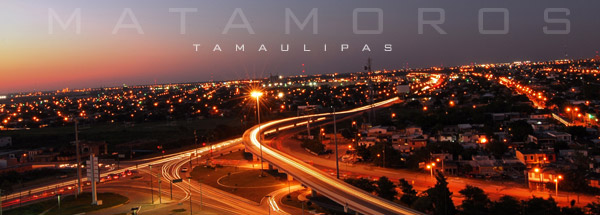Ten Unfortunate Place-Names
Charles Kurzman, “Ten Unfortunate Place Names,” July 31, 2015.

Hindu Kush mountain range, Afghanistan-Pakistan
Literally: “Hindu-killer” in Persian. These mountains may have been named for their role in wars of Muslim dynasties of Central and West Asia against Hindu dynasties of South Asia.
La Mort-aux-Juifs, a town in France
Literally: “Death to the Jews” in French. The town has had this name since since medieval times.

Matamoros, a city in Mexico
Literally: “Moor-killer” in Spanish. Named for Mariano Matamoros, a hero of the Mexican war of independence, whose family name derives from Santiago Matamoros, a legendary figure in the Spanish conquest of Iberia.
Higashi Shinakai, a sea off the coast of Japan
Literally: “East China Sea” in Japanese, using a term for China (“Shina”) that Chinese officials consider offensive. Most official references to China were changed to a neutral term in the middle of the 20th century, but the Japanese names for the “East China Sea” and “South China Sea” continue to use “Shina.” (See Joshua A. Fogel, Between China and Japan, 2015, page 45.)
Kaffir Drift, a crossing of the Tugela River, South Africa
“Kaffir,” derived from the Arabic word for “unbeliever,” is a derogatory term used by European colonists for native Africans. Many place names in South Africa have been changed since the end of apartheid in 1994, but this remote river crossing seems to have been left on the map.

Khokhol, a town in Russia
“Khokhol,” literally a forelock on a shaved head — the traditional hairstyle of Ukrainian Cossacks — is a derogatory term used by Russians for Ukrainians.
Max-Brose-Strasse, a street in Coburg, Germany
Named in May 2015 in honor of Max Brose, the first Nazi mayor in Germany.
Oued El-Abid, a valley in Morocco
Literally: “Valley of the Slaves” in Arabic, using a derogatory term for African slaves (“abid”). (See Chouki El Hamel, Black Morocco, 2013, page 152.)

Squaw Valley, a ski area in California
“Squaw,” derived from the Algonquin word for “woman,” was often used by European colonists as a disparaging term for Native American women, possibly with vulgar connotations. It has been removed from place names in some states, but remains in others. (See Mark Monmonier, From Squaw Tit to Whorehouse Meadow: How Maps Name, Claim, and Inflame, 2006, pages 52-58.)

Srbinje, a city in Republika Srpska
Literally: “Serbian Place” in Serbian, named after the mass murder and expulsion of the city’s Muslims in 1992. (See also Ljubiša Rajić, “Toponyms and the Political and Ethnic Identity in Serbia,” Oslo Studies in Language, 2012, page 212.) The city’s historic name, Foca, was restored in 2004, but the name “Srbinje” is still used by some government agencies of the Republika Srpska, including the Ministry of Justice’s list of municipal courts, which refuses to link to the Bosnian federal government’s webpage for the Foca municipal courts (the site links to the other municipal courts’ pages).